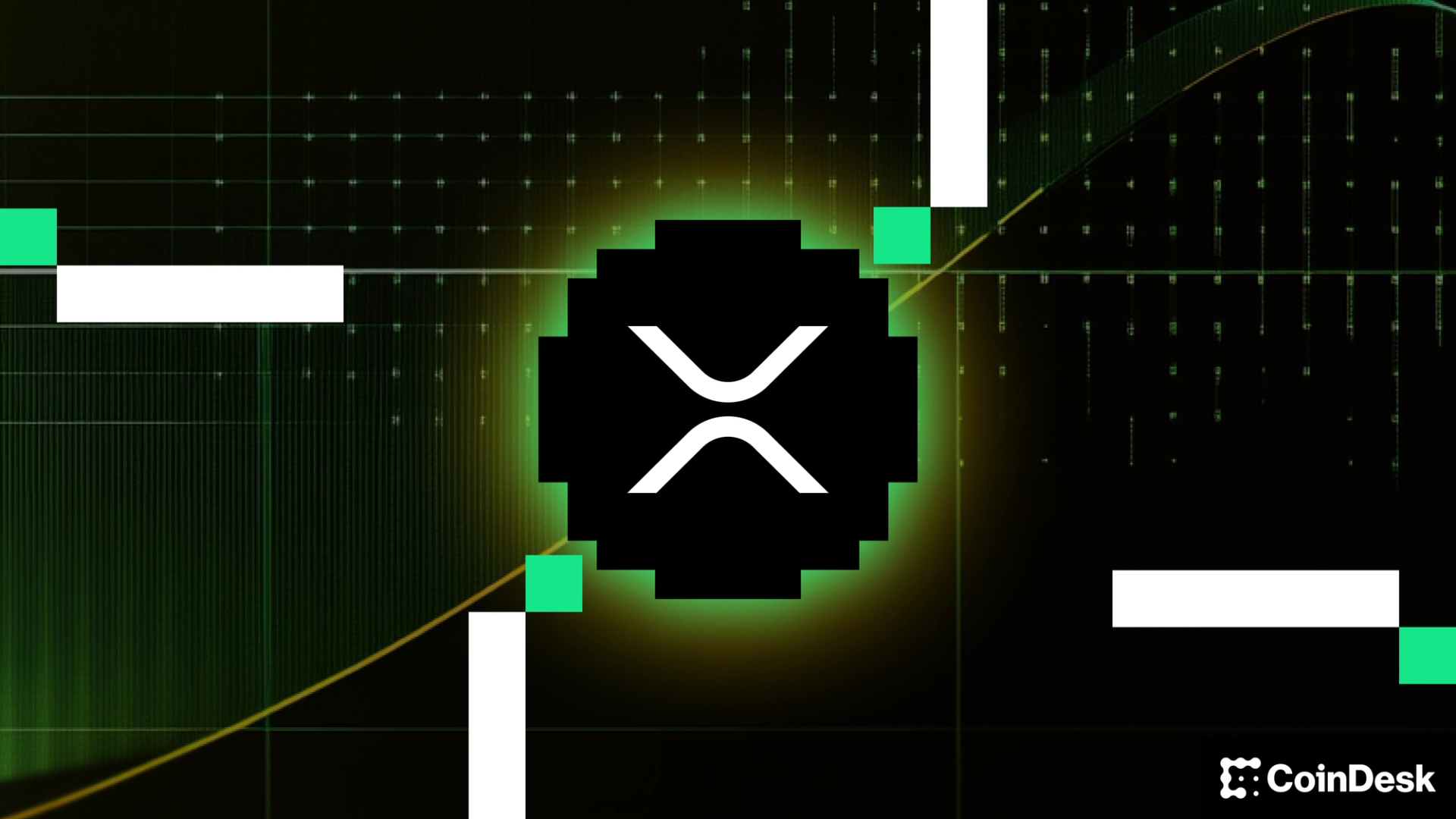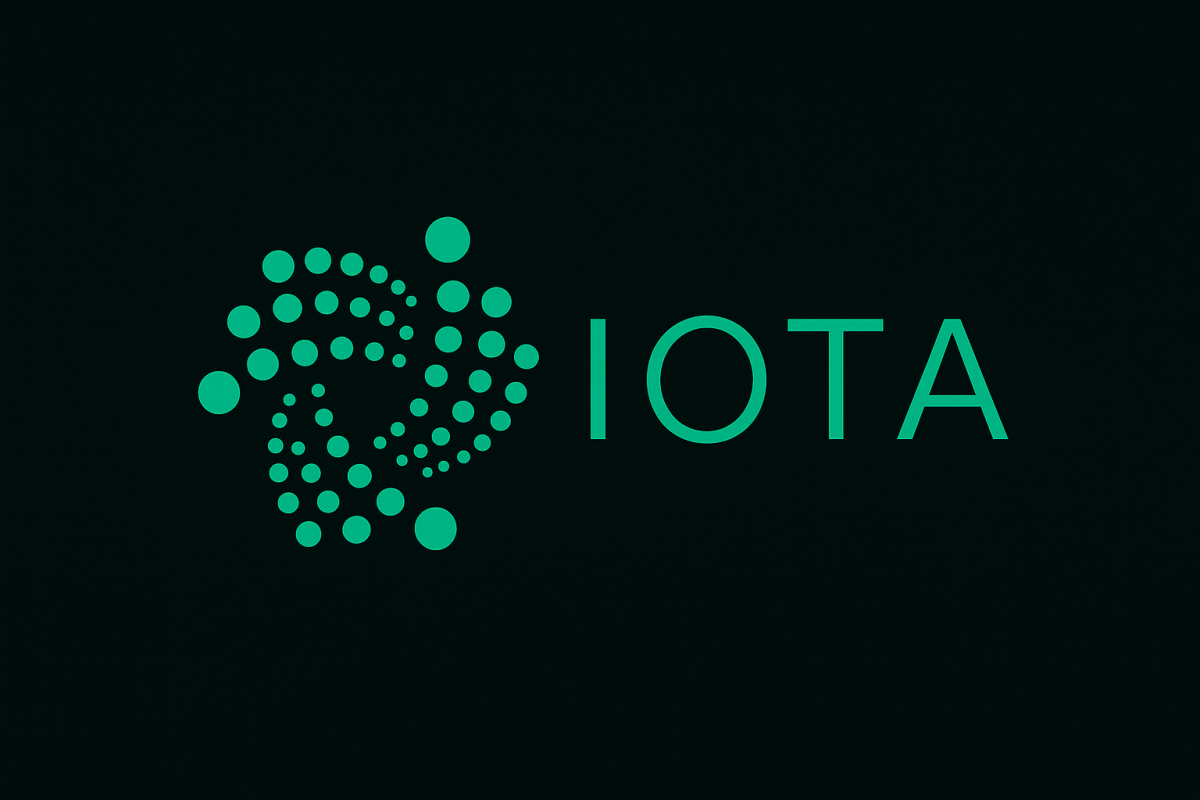Ghana has become the latest African country to draft a comprehensive framework for the digital asset industry, with the country’s central bank sending the new draft bill to parliament.
Meanwhile, in Kenya, a Virtual Asset Service Providers (VASP) Bill that grants regulatory authority to the central bank and the capital markets watchdog was given the nod at the committee stage in the National Assembly.
Ghana’s new law targets burgeoning ‘crypto’ sector
The Bank of Ghana (BOG) recently announced that it has completed drafting a new virtual assets bill and will hand it over to parliament for consideration.
The central bank has been working on the bill for a few years, local media outlets report. It has collaborated with the anti-money laundering (AML) watchdog, known as the Financial Intelligence Centre (FIC), and the Securities and Exchange Commission (SEC) to address concerns such as market integrity, Know Your Customer (KYC) programs, and AML practices.
Additionally, the bank has worked with industry experts and lobby groups, government institutions, legal and technology experts, and international partners, including the International Monetary Fund (IMF).
BOG intends to continue collecting feedback from the rapidly expanding ‘crypto’ industry and has already planned national engagement sessions with the public. It will also lead awareness campaigns, which Governor Johnson Asiama has previously said is critical to the success of the new framework.
In its statement, the regulator reiterated its commitment to promoting “a safe, transparent, and innovative virtual asset ecosystem that protects users, encourages responsible innovation, and safeguards the integrity of the financial system.”
The top bank has already started laying the groundwork for the new framework. A few months back, it launched a mandatory registration exercise for VASPs operating in Ghana, from exchanges and wallets to custodians and stablecoin issuers. It, however, clarified that registration didn’t equate to licensing, nor did it imply recognition or approval.
Ghanaians welcome new regulations
Industry leaders have welcomed BOG’s regulations, which they believe will pave the way for institutional players to venture into the industry. It will also prevent the debanking of the digital asset sector, as most lenders remain wary of working with VASPs for fear of regulatory consequences.
However, some have cautioned against regulators imposing onerous requirements on the smaller startups, which could push them out of business and favor the established players, most of whom are based abroad.
According to a study by Finder.com, 17% of Ghana’s 34 million residents own digital assets, the 9th highest ownership rate globally. Local startup Web3 Africa Group revealed that in the 12 months ending June last year, Ghanaians transacted $3 billion in digital assets.
This high adoption has exposed millions of Ghanaians to scammers, who have capitalized on Telegram, WhatsApp, and other social media channels to target unsuspecting victims.
Enforcement authorities have been struggling to crack down on this growing vice, with a senior official at the Economic and Organised Crime Office admitting, “Criminals are ahead of us. We lack the tools, training and tech to monitor or trace wallets effectively. It’s like chasing ghosts.”
Kenya advances VASP Bill in parliament
In Kenya, the Virtual Asset Service Providers (VASP) Bill has been given the green light at the committee stage of the National Assembly.
The bill grants jurisdiction over the digital asset sector to the Central Bank of Kenya (CBK) and the Capital Markets Authority (CMA).
Addressing fellow legislators, Kuria Kimani, who chairs the Finance and National Planning Committee at the National Assembly, stated that an unregulated digital asset sector poses a great threat to Kenya’s monetary stability.
The VASP Bill “will help us cover the issues of anti-terrorism funding and anti-money laundering…most importantly, it will open an avenue for job creation and have institutions engaged in virtual assets come and set up operations in Kenya.”
While the CBK and CMA will serve as the main watchdogs, legislators assigned the National Treasury the power to issue subsidiary regulations under the new law. Virtual assets are rapidly evolving, and no single framework can cover all aspects; as such, attempting to formulate a one-size-fits-all framework would require frequent amendments in parliament, argued one lawmaker.
The Treasury can issue regulations covering stablecoin issuers, tokenization projects, initial coin offering (ICO) and security token offering (STO) issuers, exchanges and wallets, advisory and management services, and more. Its regulations will also extend to cybersecurity standards, corporate structures, capital and solvency requirements, AML and CFT compliance, and consumer protection.
The bill now heads to the Third Reading, and if it sails through, it will land on President William Ruto’s desk for his signature.
“With this progress, Kenya proudly stands among the top five African countries advancing clear rules for virtual assets. The message is clear: the market is opening up, and opportunities are emerging for innovators, businesses, and investors alike,” commented VACC, a local ‘crypto’ lobby group.
Watch: Boosting financial inclusion in Africa with BSV blockchain
title=”YouTube video player” frameborder=”0″ allow=”accelerometer; autoplay; clipboard-write; encrypted-media; gyroscope; picture-in-picture; web-share” referrerpolicy=”strict-origin-when-cross-origin” allowfullscreen=””>
Source: https://coingeek.com/ghana-finalizes-crypto-bill-kenya-advances-vasp-law/


